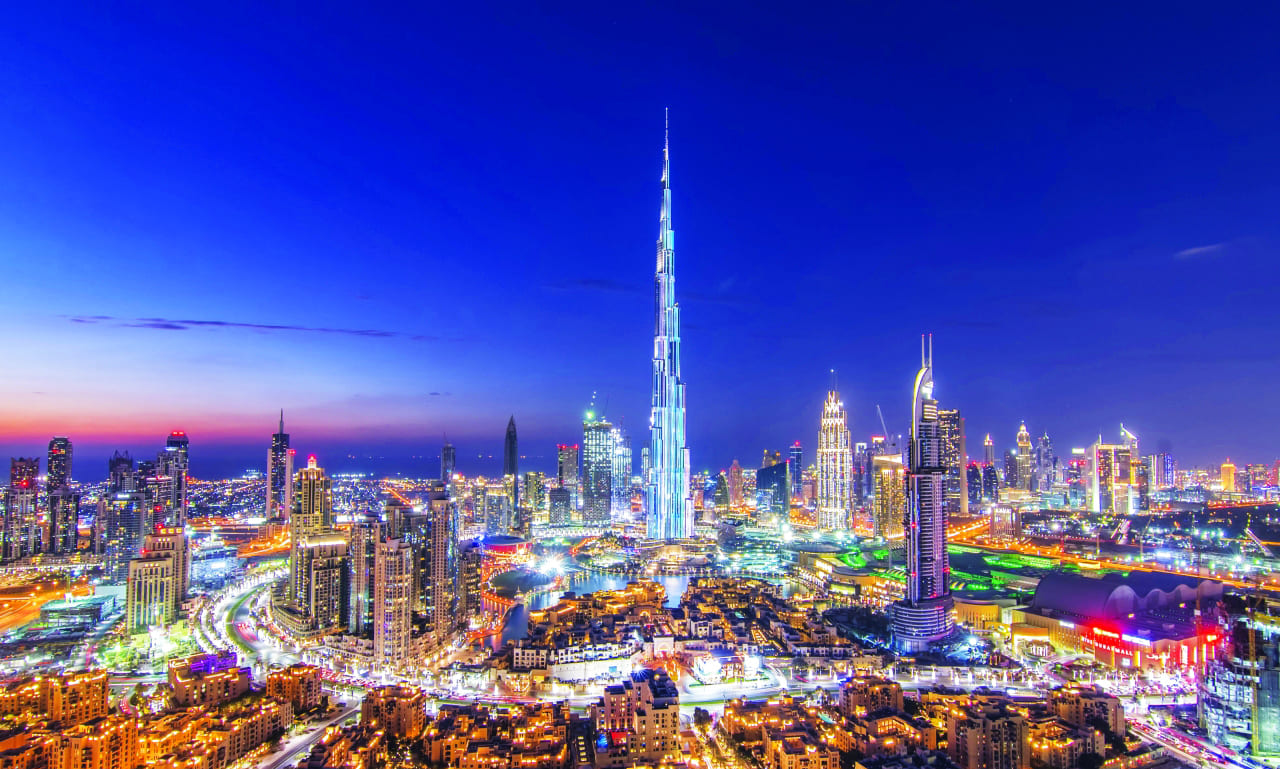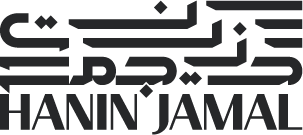In the wake of global economic transformations, African markets have emerged as an attractive destination for companies seeking expansion and growth. For businesses operating in Dubai Free Zone, the African continent presents a promising opportunity to broaden their horizons and tap into a dynamic and diverse market. How can these companies benefit from African markets? In this article, we explore strategies and steps to maximize success in African markets.

Why Africa?
Africa is one of the fastest-growing economic regions in the world, characterized by a growing population, rising income levels, and improved infrastructure. The continent offers vast opportunities in sectors such as technology, renewable energy, agriculture, and logistics. Dubai, as a global trading hub, has competitive advantages that make it an ideal gateway to African markets, thanks to its strategic geographic location and strong trade relationships with many African countries.
Advantages of Dubai Free Zones for Expansion into Africa
Dubai's free zones, such as Dubai South and the Jebel Ali Free Zone (JAFZA), provide a flexible business environment and world-class infrastructure. These benefits facilitate access to African markets by reducing operational costs and offering incentives like tax and customs exemptions.
- Excellent Logistics Network
Dubai boasts a robust logistics infrastructure, including some of the region's largest ports and airports, enabling fast and efficient export of goods to various parts of Africa. For more details about free zone services and infrastructure, visit the Jebel Ali Free Zone Authority (JAFZA). - Bilateral Trade Agreements
The UAE has signed numerous trade agreements with African countries, helping reduce tariffs and streamline the flow of goods. According to the UAE Ministry of Economy, these agreements strengthen trade cooperation and open new doors for Emirati businesses. - Governmental Support
The UAE government supports companies operating in free zones by offering financing programs and legal facilities that simplify entry into African markets.

How to Expand into African Markets
1. Conduct Market Research
Before expanding, companies must conduct thorough research to understand African market needs. This includes analyzing market gaps, identifying target customers, and studying competitors.
- Example: If operating in the technology sector, analyze the needs of countries like Nigeria or Kenya, where the demand for digital solutions and technological infrastructure is high.
2. Build Local Partnerships
Entering African markets requires collaboration with local partners who understand the culture and regulations. Partnerships with African businesses can facilitate the expansion process.
- Example: Collaborating with local distributors in the food and beverage sector can help speed up product distribution.
3. Leverage Technology
Technology plays a crucial role in facilitating expansion into Africa. Companies can use digital tools such as e-commerce platforms and mobile apps to broaden their reach and efficiently serve customers.
4. Focus on Cultural Customization
Africa is a continent rich in cultural diversity, so companies should tailor their products and services to meet local market demands.
- Example: In the fashion industry, designing clothing that reflects the local cultures of specific markets can boost success.
5. Leverage Free Trade Opportunities
Through the African Continental Free Trade Area (AfCFTA) initiative, the continent has become a unified market offering significant opportunities for businesses. Companies operating in Dubai Free Zones can benefit from this agreement to lower costs and expand the distribution of their products. For more information, visit the African Continental Free Trade Area (AfCFTA).
6. Secure Financing and Investments
Many African markets require significant investments in infrastructure or supply chains. Companies in Dubai can benefit from financing programs offered by UAE banks or international organizations to support their expansion.
Get your Business Bank Account Today!
Open your business bank account today and enjoy secure, seamless transactions, easy deposits, and smooth financial management for your business!
Challenges and How to Overcome Them
1. Logistical Challenges
Some African countries face infrastructure deficiencies that can hinder the movement of goods. To overcome this, companies can utilize key African ports as distribution hubs.
2. Regulatory and Legal Complexities
Trade regulations vary across African countries, requiring continuous legal consultations to ensure compliance.
3. Cultural Challenges
Dealing with cultural differences necessitates a commitment to understanding local traditions and building long-term relationships.
Success Stories
Businesses operating in Dubai Free Zones have achieved significant success in Africa. For example, several companies based in JAFZA have expanded their operations to African countries such as South Africa and Ghana through smart distribution strategies and strong logistical support.
Conclusion
African markets represent a golden opportunity for companies in Dubai Free Zones to expand their reach and achieve sustainable growth. By leveraging Dubai's exceptional infrastructure, building strong local partnerships, and focusing on African market needs, companies can achieve remarkable success. Challenges exist, but with strategic planning, they can become opportunities for learning and innovation.
With Mach X, start your journey in free zones with confidence and professionalism. Our tailored services for company formation and entrepreneur support ensure a strong launch and sustainable growth in the heart of Dubai.


